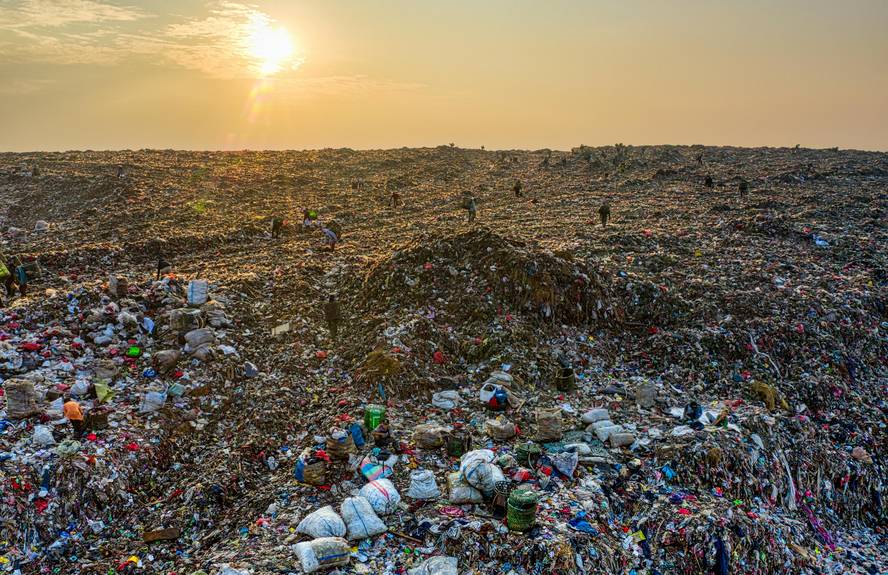Plastic waste could be reduced by 90% through concrete policies
If there is no remedy, plastic waste in the world could double by 2050, a new WHO simulation has announced. But there is a possibility of modifying it, because, according to this simulation, certain global policy interventions can achieve a 90% reduction in plastic waste and a third of the associated gas emissions. The work has been published in the journal Science.
Researchers developed a machine learning model to predict trends in plastic production, trade, and waste management until 2050. And they also simulated the effects of eight policy interventions that could serve to mitigate waste and emissions. Thus, they have calculated that, if nothing is done, mismanaged plastic waste, which is not recycled or disposed of properly and which ends up as pollution, will double by 2050, reaching 121 million tonnes. And that plastic associated greenhouse gas emissions will grow by 37 percent.
On the other hand, they have seen that it could be possible to reduce 90% of these mismanaged waste, through four policies: to force new plastic products to be manufactured with 40% recycled plastic; to limit the production of new plastics to 2020; to invest enough in the management of plastic waste, such as landfills and waste collection services; and to set a small tax on plastic packaging and packaging. Furthermore, these policies would have a significant climate benefit, as they would reduce the emissions associated with plastic by one third, as would those of the more than 300 million motor vehicles.
Researchers have emphasised that these results clearly show that, if there is political will, there is sufficient technical potential to almost completely reduce mismanaged plastic waste and to provide solutions to some of the most serious problems related to it.
This is the message they have conveyed to Busan, the city of the Republic of Korea, where from 25 November to 1 December representatives from over 190 countries will meet to discuss the latest details of the Global Legal Pact on Plastic Pollution.






